|
By: Emily Carrington EPLA Founder The number of loss parents who have found their voice on social media is beautiful, inspiring, and empowering. As each one comes forward with a deeply personal and deeply painful story, our children are remembered and in a way given the voice they never had. But sometimes, I have to keep scrolling. I just can’t read your story right now. I can’t read your story because I can’t feel that pain again. The anxiety, the worry, the flood of emotions. I can’t read your story because I have been there. I have been you. Your story is my story and right now, scrolling through Facebook before bed, I need just a slight reprieve. I also can’t read your story because my mind fills with worry, regret, fear, and anxiety. I have lost three little ones inside me, and I can’t bear the thought of anything happening to the one down the hall, sleeping peacefully. I can’t read your story. But I am glad you wrote it. I hope it touches someone. I hope it helped to heal you, just like writing my story has helped to heal me. I am sorry I can’t read your story today. It isn’t you. It is me. And dear fellow loss parent, I know you will have a day where you can’t read my story either. And that is okay, you don’t have to. We are still in this together. And on the days I can’t read your story, know that I hear you, I see you, and I honor you, your little one, and your pain. Emily Carrington is the founder of the EPLA and mother to four children.
0 Comments
By: Emily Carrington EPLA Founder
A little more about the miscarriage care kits… The board of directors at EPLA developed the miscarriage care kits based on our own experiences. Having suffered our own pregnancy losses and walking through pregnancy loss with friends, we realized that there is more we could be doing to help women during loss. Last week we shared a post detailing the items in the care kits. This week I wanted to show you all these kits. To see what is in each kit, watch the Facebook Live Video now. Emily Carrington is the founder of the EPLA and mother to four children. 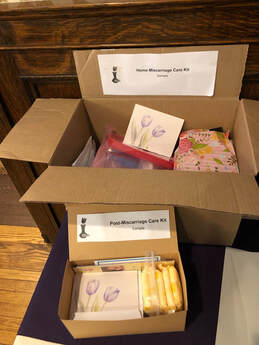 By: Emily Carrington EPLA Founder Last fall, EPLA started providing miscarriage care kits at no cost in Hillsdale, Michigan, for anyone who needs one. Since releasing our kits, we have had many inquiries about what we include. Whether you live in our area and need a kit for yourself or a friend, or you want to copy our idea to provide these kits in your area, we thought this information would be helpful. The makeup of the kits is flexible, but this is the core of what we provide. Home miscarriage care kit: (Large Kit) These are intended for a woman working with her doctor and planning to miscarry the remains of her little one at home. This kit would be most likely used in a “missed miscarriage” situation where she knows the baby has died but is waiting to start the miscarriage process. Sanitary Items
Comfort care package
Memorial Items
Educational resources
Other items
Post miscarriage kit (Small Kit) This kit is intended for a woman who has already passed the remains of her little one either naturally or following a D&C procedure. The small kit includes the following items: Pads
Brochures
Locally, both large and small kits are available to anyone who needs one. You or a support person can pick one up at any of the following locations:
The small kit is also distributed to parents experiencing a miscarriage in the Hillsdale Hospital Emergency Department. If you are interested in creating your own kit we encourage you to take some ideas from us! You can also check out our Amazon Wishlist for more specifics! We have provided these kits by a grant from the Hillsdale County Community Foundation and from the generous donations of our supporters. Emily Carrington is the founder of the EPLA and mother to four children.
By: Maria Servold EPLA Editor One of the most devastating things a pregnant woman can go through is a routine ultrasound that ends up diagnosing a miscarriage. Some women learn they are miscarrying when they begin to bleed or cramp suddenly - a dramatic and gut wrenching experience that we hope no woman has to suffer through alone. Other times, a woman may go in for an ultrasound early in her pregnancy, expecting to see and hear a growing baby, only to see no movement and hear no heartbeat. In such cases, a doctor will usually diagnose the woman with a missed miscarriage. While the term sounds a bit vague, it simply means that the baby has already died, but the woman’s body has not yet begun to pass the baby. It can also be called a delayed or silent miscarriage. The term “silent” is apt, as many women in this situation not only are not aware that their baby has died, but they also often choose to wait for their body to begin the miscarriage process after their diagnosis. For days or weeks, a woman waits with a silent life within her until her body passes the baby. Other women choose to undergo a D&C (dilation and curettage) procedure, which will remove the baby and other tissue from the uterus. Many women have described the pain of a missed miscarriage, including EPLA President Emily Carrington and a woman named Keri, who shared her story on the U.K.’s Miscarriage Association website. At EPLA, we strive to support women experience all types of early pregnancy loss. For more information, visit our resource page or read other posts here on our blog. If you are in Hillsdale, Michigan, where we are located, we can provide a home miscarriage kit to help manage a missed miscarriage. Maria Servold is an Editor at the EPLA, Assistant Director of the Herbert H. Dow II Program in American Journalism, and Lecturer in Journalism at Hillsdale College
By: Sarah Gregory EPLA Vice President
In every community around the world, families experiencing miscarriage need support from their community networks. Churches and other religious communities play an important role in bearing the burden of grief. How can faith communities help in the midst of the invisible grief of miscarriage? Rituals- Funerals, memorials, and worship Many families need the sense of closure that grief rituals like funerals provide. Reach out to your local funeral home to find out information about miscarriage burial possibilities. Some families do not have a physical body to bury, so consider potential alternatives like a memorial service, memorial garden, or private ritual for closure. Many denominations already have child loss and miscarriage worship outlines in their established worship resources. If you are affiliated with a denomination, look into the established worship rituals for services for infant death and grieving families. Pastors and chaplains can also prepare with established prayers, scripture, and music that particularly fit the burden of miscarriage to share with grieving parents in private moments. Provide a Meal It’s good practice to ask first to be sure the family wants the meal support. Don't be afraid to use your network to provide tangible support while a family wades through the logistical coordination, health decisions, confusion, and emotional trauma a miscarriage creates. Know your Resources Organizations like the Early Pregnancy Loss Association provide educational materials and other resources to women suffering from a miscarriage. Download our educational resources from our website. Local community groups also provide support. A quick search online can start you in the right direction. You can also find out what organizations may already exist by talking to healthcare providers, counselors, or community leaders. Listen, Affirm, and Remember Perhaps the most crucial piece of supporting a family through miscarriage is to listen to the grief and affirm their loss. Families experience long lasting pain that is invisible to most people. Affirm that their grief is real. Check in on the family during the anniversary of the miscarriage or due date. Simply remembering the loss will instill the sense that they are not alone. Faith communities provide emotional and spiritual support during times of grief. Be sure to deploy the networks and systems reserved for moments of trauma and pain at the pace and rate at which the family experiencing loss feels most comfortable. Faith communities can and do provide important healing, support, and hope. Worship Resources: Luthern “Martin Luther’s Comfort for Women Who have had a Miscarriage” https://blogs.lcms.org/2016/miscarriage-comfort-in-a-time-of-loss/ Non-Denominational http://www.preachitteachit.org/articles/detail/helping-her-grieve-how-to-have-a-funeral-for-miscarried-or-aborted-babies/ Othodox Church in America https://oca.org/orthodoxy/prayers/service-after-a-miscarriage-or-stillbirth United States Conference of Catholic Bishops http://www.usccb.org/prayer-and-worship/bereavement-and-funerals/blessing-of-parents-after-a-miscarriage-or-stillbirth.cfm United Methodist https://www.umcdiscipleship.org/resources/ministry-immediately-following-death Sarah Gregory is a Christian Education freelance writer, consultant, and musician. Sarah lives in St. Louis with her husband Kaleb and her son Cecil. By: Nick Carrington EPLA Editor At the EPLA, we have a long-term goal to help change the public discourse about miscarriage. For too long, our culture has discussed miscarriage only in hushed tones, forcing parents to grieve privately and pretend they merely experienced a “setback.” But this Mother’s Day season, we are seeing just how much the public dialog has changed in a short amount of time. For example, at Sharing Magazine, Tiffany Elder emphasizes that mothers of lost children are indeed mothers: “I looked her in the eyes from across the table, and I told her that she is, in fact, a mother. I told her that she has in fact experienced having the love of a mother for that little baby.” We have come to accept the fact that these mothers will likely feel a great deal of pain on Mother’s Day as they reflect on the devastating loss in miscarriage. Over at Proverbs 31 Ministries, Stephanie Raquel recalls her own experience with Mother’s Day after losing her first child: “That Mother’s Day was anything but joyful. But my friend Deb? She knew. She understood I’d just want to weep and had called me that morning. Deb left a heartfelt message, sharing a short Scripture and a prayer reminding me of God’s goodness — which was exactly what my soul craved that day.” If you know parents who have lost a child, remember their pain this holiday season and do what you can to help with the healing process. Before Bereaved Mother’s Day on May 5th, Sabrina Ivy reminded us that mothers who miscarried did not fail, “not even a little bit.” They provide a loving home for their child and while death parted mother and child, they shared a bond only the two of them could have: “You create countless scenarios of what you could have done differently because you feel that somehow you have failed. You need to know that you didn’t fail. Not even a little bit.” Mothers of miscarried children are mothers; they feel the pain of a diseased child because whether they held him or her or not, they lost a child. These mothers were the best thing to ever happen to their children; they did nothing wrong to lose their little one. Our culture needs to hear these truths. For too long, we have failed to reinforce these realities and others like it. But, this Mother’s Day season, we have seen just how much the conversation surrounding miscarriage has changed. The truth that parents need to hear is emerging, and women are sharing their stories more and more. So, in a way we celebrate the progress of our public discourse, and yet, we still have a long way to go. We must not confuse where we are with where we want to be. This Mother’s Day season, we are thankful for the support for loss families, and we look forward to even more positive change ahead. Nick Carrington is an Editor for the EPLA and Assistant Professor of Professional Writing at Cedarville University.
By: Emily Carrington EPLA Founder To the woman suffering after a miscarriage, You may feel invisible, but I know you. I know your tears, your broken heart, and your empty arms. You hold it together as you go on with life. You blend in well enough at work, school, or the grocery store. But you are burdened every day by this weight. How could something so invisible be so heavy? What is worse, you might feel like you have to bear this weight alone. You might have lost your little one before anyone even knew. Perhaps you told only a few close friends and family, or maybe you didn’t even have a chance to tell your husband. You might wonder if any of this is even real. Dear mama, it was. From the moment life started inside of you, you became a mother. You carried your little one for all of the days of their life. Do you have any happy memories from your pregnancy? It is OK to think about those. The two pink lines? What about food aversions? How did you tell the baby’s father? Did you tell your parents yet? Were you lucky enough to have a good ultrasound? I know you have sad memories. These are OK too. How did you find out you lost the love of your life? Was it an ultrasound? Bleeding? Did you suffer other bodily changes as your body adjusted? Dear mama, I am so sorry. But know this, this experience was real. Your baby was real. Your loss was real. And your grief is real. You are not invisible. You are a mother. And this Mother’s Day know that you are known, loved, and honored. You are not alone. Emily Carrington is the founder of the EPLA and mother to four children.
By Emily Carrington EPLA Editor Sunday May 5th was Bereaved Mother’s Day; a day honoring women who have lost their children. I have to admit, when I first learned about Bereaved Mother’s Day, I wasn’t sure what I thought about it. I didn’t want a second-class Mother’s Day for all the sad ladies; I wanted a normal Mother’s Day. But I guess that was the problem. I realize now that I will never get a normal Mother’s Day. Even after the birth of my daughter, the three little ones that preceded her would never be with me. My Mother’s Day would always be missing some very important people. I find joy, but I also know sadness. As I learned to live with my miscarriages, I also learned to live with Bereaved Mother’s Day. Women who have lost children deserve to be honored. They are mothers, true mothers, worthy of any Mother’s Day honor. But they are not “normal” mothers; there will always be a part of them that is missing. And as much as I longed to be a “normal” mother, I have found more comfort in realizing the truth: I am a bereaved mother. This brings me comfort because Bereaved Mother’s Day acknowledges me and my children, and it acknowledges the truth of the nature of my motherhood: I have one living child and three who I have lost. My children are real, their death was real, and my grief is real. Emily Carrington is the founder of the EPLA and mother to four children.
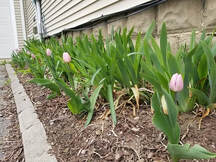 By: Maria Servold EPLA Editor Last fall, on several cold, snowy days, a few members of the Early Pregnancy Loss Association’s executive committee went around the small town where we’re based and planted upwards of 300 purple tulip bulbs. The bulbs, generously donated by EPLA supporters, form several small memorial gardens around Hillsdale, Michigan, that we hope honor the memories of little ones lost to miscarriage. Outside a courthouse, in a children’s garden, and outside the birthing center of a hospital, the purple flowers are now blooming. We’ve placed small signs explaining the gardens in several of the planting locations, and we hope local families who see the signs and tulips take a moment to remember children they or others have lost.
Maria Servold is an Editor at the EPLA, Assistant Director of the Herbert H. Dow II Program in American Journalism, and Lecturer in Journalism at Hillsdale College
|
Archives
December 2023
Categories
All
|


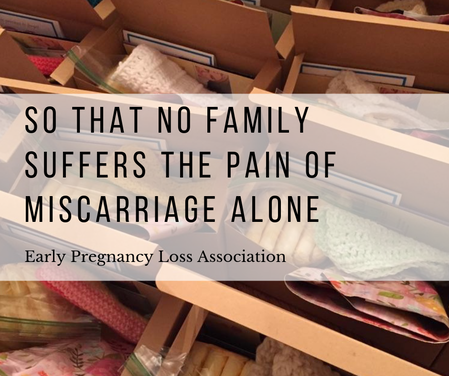
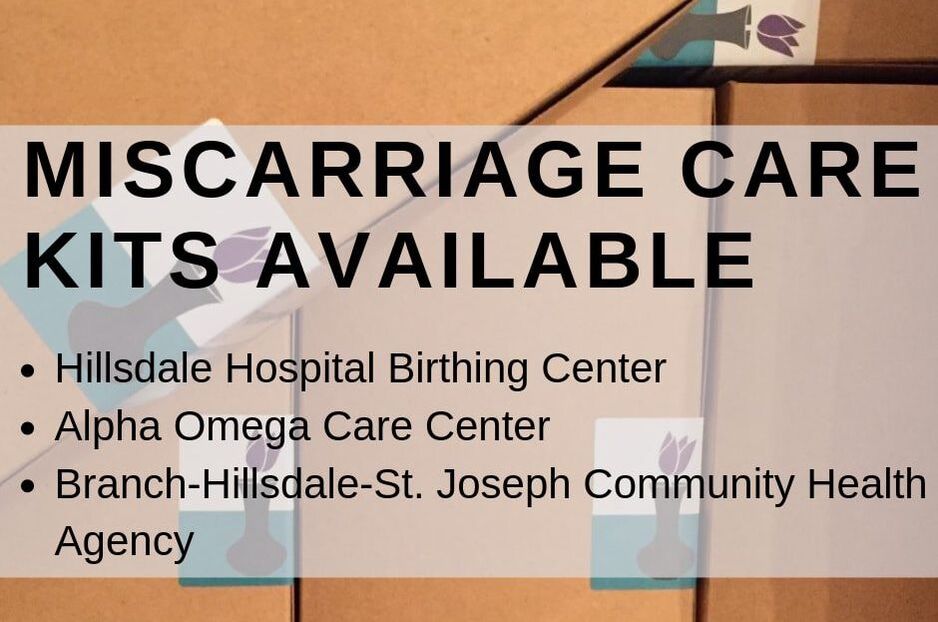
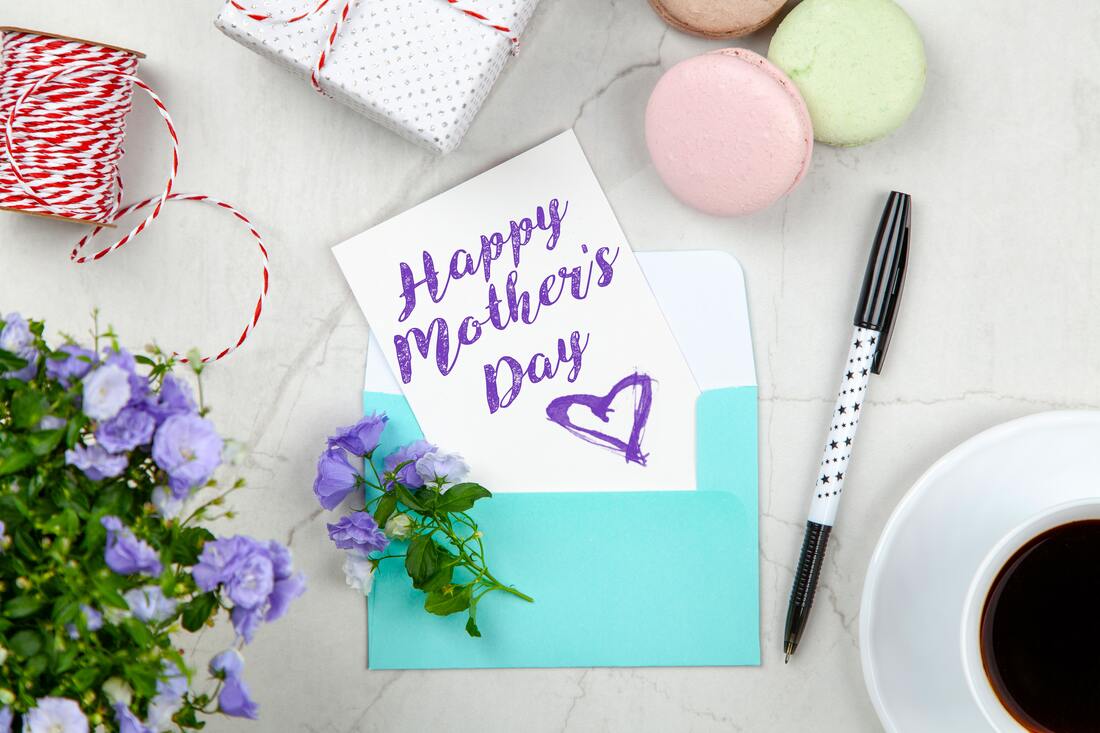



 RSS Feed
RSS Feed